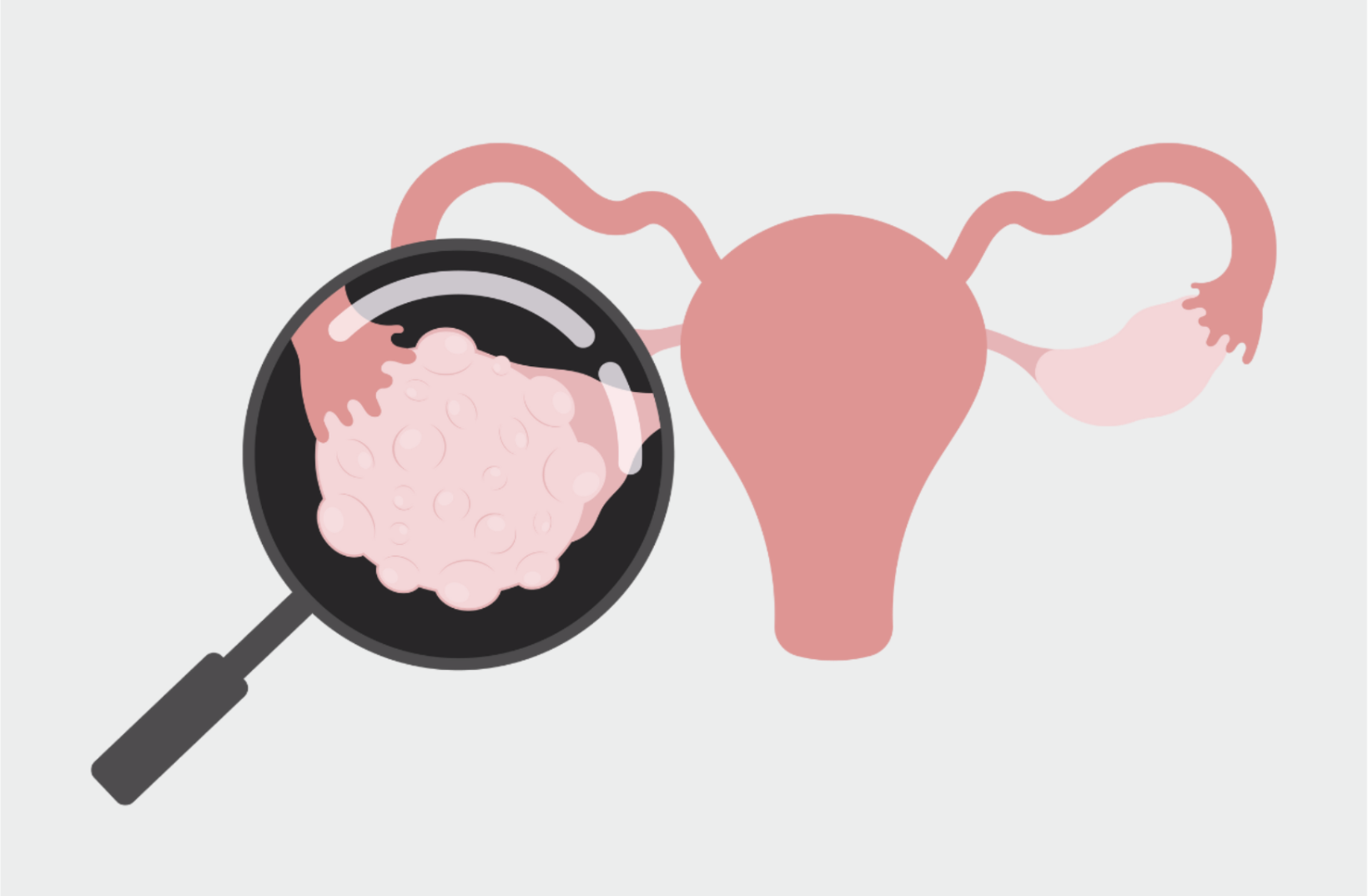.png)
.png)
Let's address the question that's likely on your mind if you're considering egg freezing: will this hurt? 🥴
The short answer is that egg freezing involves some discomfort, but it's typically manageable and temporary. Most people tell us the process was less uncomfortable than they expected. The most challenging parts tend to be the bloating near the end of your cycle and some cramping after the egg retrieval - similar to what you might experience during a heavy period.
Since egg freezing is an elective procedure, you'll want to know exactly what you're signing up for. In this article, we'll walk through each step of the process - from daily hormone injections to the retrieval procedure - and explain what to expect. You'll learn how others have managed any discomfort, what tools and techniques can help, and how to best prepare yourself for the experience. We'll also share specific strategies for those with lower pain tolerance and tips for communicating effectively with your medical team about pain management.
The daily medication routine
The egg freezing process begins with hormone injections stimulating your ovaries to produce multiple eggs. These shots are given subcutaneously (under the skin) using a small needle. While not exactly pleasant, most people find them manageable, especially after the first few days.
Tips for more comfortable injections:
- Ice the injection site for a few minutes before
- Choose a comfortable position (many prefer lying down)
- Consider having someone else administer the shots
- Rotate injection sites to minimize bruising
You might experience some bloating and tenderness as your ovaries respond to the medication. This is normal and typically feels similar to PMS symptoms.
Read more in I'm Afraid of Needles; Can I Still Freeze My Eggs?
Monitoring appointments
Throughout your cycle, you'll have regular monitoring visits that include transvaginal ultrasounds and blood draws. The ultrasounds involve a wand inserted into the vagina to check follicle growth. While not painful, you may feel pressure with this. Blood draws are quick, with most people reporting only brief discomfort.
If you're nervous about blood draws or have a history of feeling faint, make sure you let your care team know. They can use smaller needles or different techniques to make the experience more comfortable.
The egg retrieval process
The final step is the egg retrieval, a 30-minute procedure performed under sedation. Here's what to expect:
Before: An IV line will be placed for your sedation medication. You might feel a quick pinch.
During: You'll be unconscious and won't feel the retrieval process.
After: Most people experience cramping and bloating similar to menstrual pain. This typically resolves within a few days. Your doctor can recommend appropriate pain medication if needed.
Managing expectations
It's helpful to understand that while egg freezing isn't painless, most people report that it was less uncomfortable than they anticipated. The process involves:
- Brief, manageable moments of discomfort rather than sustained pain
- Predictable timing of procedures
- Medical support throughout
- Clear protocols for pain management
Tips for people with low pain tolerance
If you're particularly sensitive to pain or anxious about medical procedures:
- Communicate your concerns with your medical team upfront
- Consider speaking with a therapist about anxiety management
- Practice relaxation techniques
- Use music or other distractions during procedures
- Ask about all available pain management options
Making your decision
When weighing whether to freeze your eggs, pain concerns shouldn't be the deciding factor. Most people find the process very manageable with proper support and preparation. Focus instead on your long-term fertility goals and discuss any specific concerns with your doctor.
Remember that everyone's experience is different. What one person finds uncomfortable, another might barely notice. The key is to:
- Ask questions upfront
- Prepare mentally and physically
- Trust your medical team
- Advocate for yourself
- Have support systems in place
- Focus on your reasons for freezing
How to freeze your eggs for free
While pain concerns shouldn't stop you from freezing your eggs, cost often does (understandably). That's why at Cofertility, we've created an innovative program called Split that makes egg freezing accessible to more people. Here's how it works:
When you freeze your eggs for free through our Split program, you keep half your retrieved eggs for your own future use, and donate the other half to a family who needs donor eggs to conceive. Cofertility covers all your costs - including medications, procedures, genetic testing, and storage for up to ten years.
The Split program isn't just about making egg freezing affordable - it's about helping another family while helping yourself. Our members tell us that the ability to give someone else the chance at parenthood adds meaning to their own egg freezing experience.
Summing it up
Understanding the potential discomfort involved in egg freezing helps you approach the process with realistic expectations. While there may be some uncomfortable moments, most people find them temporary and manageable. With proper preparation and support, you can navigate the process successfully, keeping your focus on your “why”.










